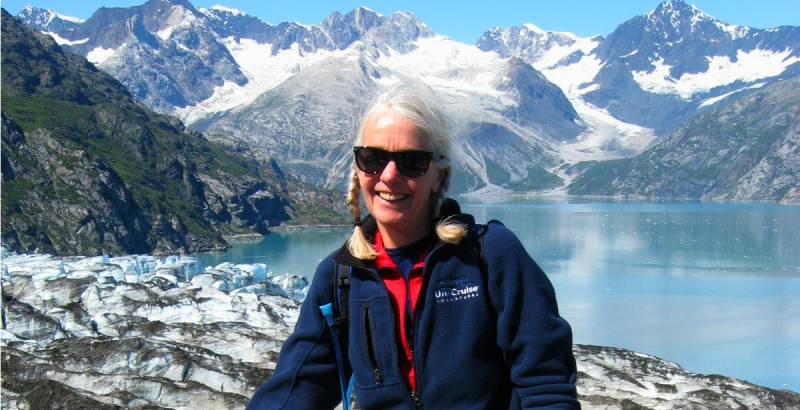Eulogies are a fact of life, as are the deaths that precede them. Marilyn Englander is learning how to compose them.
Against my will, I am learning how to give eulogies. My summer was overshadowed by the deaths of two dear friends, and I found myself asked to speak at their memorials. I was very much the reluctant eulogist.
We tend to think of a eulogy as “high praise for one who has died,” but I found the word’s deep roots to be truer: speaking good words, blessing.
“The Celebration of a Life,” reads the invitation. I struggled to compose words describing how my friends had shone so brightly through all their lives.
But we weren’t gathering to compliment the deceased. Human vanity and ego don’t survive the grave. We, the survivors, were trying to incorporate a painful new reality, to comprehend it and find a means to move past it.
